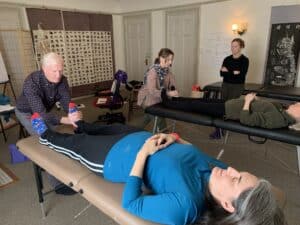Seasonal allergies, also known as allergic rhinitis, affect approximately 20 to 30 percent of the global population. When allergens enter the nose or mouth, the body reacts by releasing a natural chemical called histamine. Symptoms of seasonal allergies include sneezing, nasal congestion, headaches, irritation of the throat, and itchy or irritated eyes. Although several allergy medications are available to relieve allergy symptoms, many of these pharmaceuticals carry unwanted side effects. However, recent studies are indicating the potential efficacy of acupuncture therapy, especially as part of a comprehensive treatment program. If you’re looking for a holistic and natural approach to relieving symptoms of seasonal allergies, here’s what you need to know.
Common Causes and Symptoms of Allergic Rhinitis
Those with allergic rhinitis experience a variety of symptoms when their immune systems react to irritants in the air. While many people breathe in allergens and do not develop symptoms, people with allergic rhinitis have immune systems that treat these allergens as intruders and release histamine into the bloodstream. As a result, your mucous membranes in the nose, eyes, and throat can become inflamed as the body works to eject the allergen. Common allergens include dust mites, pollen (from trees, grass, and weeds), pet dander, and mold spores. People with allergic rhinitis may experience nasal congestion, irritated eyes, sore throat, fatigue, coughing, and difficulty breathing.
In Portland, Oregon and the Pacific Northwest, seasonal allergies are common in both Spring and Autumn. Spring allergies are generally related to grass and tree pollen. Autumn allergies are often due to allergens within the home, including dust mites, dander and mold.
Western Medicine’s Approach to Seasonal Allergies
The most common approach to seasonal allergies in the U.S. includes allergy medications, such as antihistamines and decongestants. However, many of these medications carry unpleasant side effects, including drowsiness, increased blood pressure, headaches, sleep disturbances, and irritability. In some cases, Western providers may recommend immunotherapy, in which you receive a series of injections with small amounts of the allergen to give your body time to tolerate the allergen.
How Acupuncture May Help Reduce Allergic Rhinitis
Although more comprehensive research is needed to understand the full impact of acupuncture therapy on relieving allergy symptoms, existing clinical studies are promising. According to one mini-review exploring acupuncture’s impact in treating allergic rhinitis, “acupuncture was reported to be effective particularly in the reduction of nasal and conjunctival signs and symptoms with the improvement in the quality of life.” While no studies specifically confirm the mechanism of action through which acupuncture reduces symptoms of allergic rhinitis, acupuncture is known to modulate cytokine profile, impacting the body’s histamine response and reducing inflammation.
An overview of several studies concluded that acupuncture offers a beneficial and cost-effective adjunctive treatment option, although more comprehensive studies are needed. One randomized controlled trial of 175 participants concluded, “Four weeks of acupuncture treatment is a safe and effective option for clinical management of [seasonal allergic rhinitis],” while another randomized controlled clinical trial found that acupuncture therapy caused a significant improvement in nasal and non-nasal symptoms of seasonal allergies.
Additionally, some research shows that acupuncture therapy reduces the need for antihistamine use for those with allergic rhinitis. One secondary analysis of results from a randomized controlled trial found that “acupuncture appeared to significantly reduce the number of days of antihistamine use” and improved symptoms and quality of life in those with seasonal allergies. In particular, one study found that acupuncture at a specific point (the sphenopalatine ganglion) alleviated allergy symptoms quickly and safely.
If you are looking for a holistic approach to relieving symptoms of seasonal allergies, consider a course of acupuncture sessions as part of your treatment program.
Call the NW Portland office of Inner Works Acupuncture today at (503) 227-2127 to schedule an appointment with an acupuncturist.



